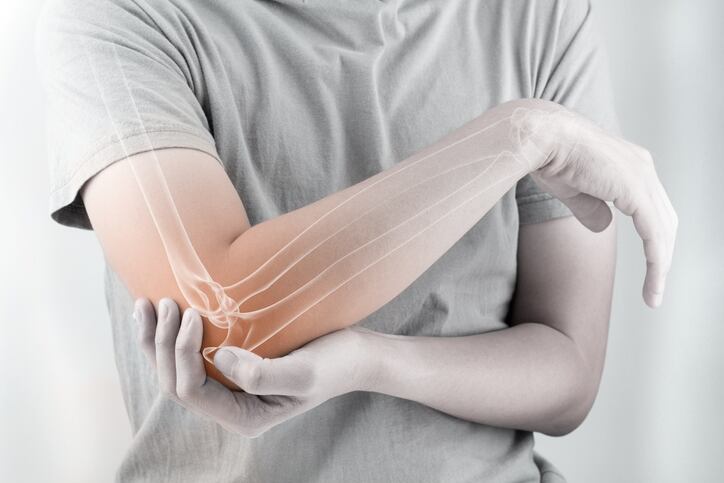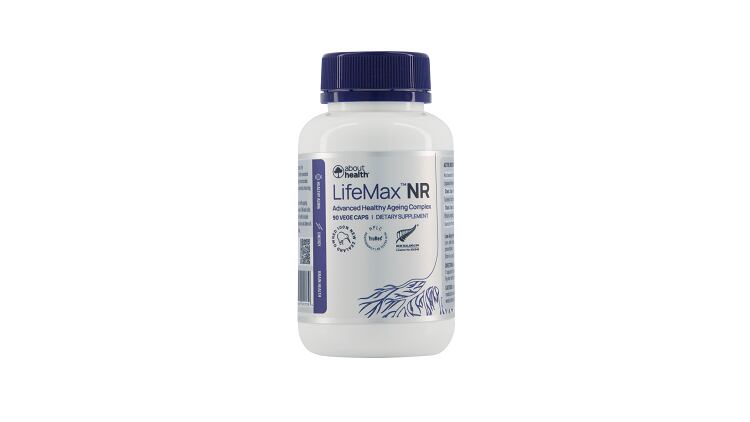The paper was published by experts from Indonesian university faculty members and Bayer to raise awareness of a commonly neglected health area, bone health in Indonesia.
It was published in the International Journal of Nutrition and Food Sciences.
First author, Professor Saptawati Bardosono, at the University of Indonesia, department of nutrition said the Indonesian population was lacking calcium and vitamin D from their diet and not aware of the impacts of such deficiency on their health.
Another author, Sheryl Tan, head of medical, Bayer Consumer Health ASEAN told us: “With our publication, we endeavor to create awareness of bone health which is largely neglected in Indonesia.
“Most people are not aware that bone care should start early, and not in your 40s when you feel the first signs. If you have a good intake of calcium in your 20s, there is a good chance of delaying the onset of osteoporosis.”
According to the World Health Organization, about 30% of Indonesia’s population suffers from osteoporosis.
The Indonesia Osteoporosis Society (PEROSI) estimates that about 41.8% of Indonesian men and 90% of Indonesian women have lowered bone mineral density (osteopenic).
The current research analysed previous studies and reported that there was a major deficiency in both calcium and vitamin D intake in the population. These nutrients work in synergy to boost bone health.
Cracking calcium
The average calcium intake of 254mg/day in Indonesia fell below the international standards of between 1000 to 1200mg/day.
Suci Sutinah Diah Suksmasari, country medical lead for Bayer Consumer Health Indonesia told NutraIngredients-Asia this may be attributed to the low consumption of calcium rich foods in the country.
“The traditional Indonesian diet does not contain many dairy-based products. In addition, a large number of people are lactose intolerant, this contributes to the very low calcium intake.”
A study on school children reported that 57% (6-11 years) had lactose malabsorption, increasing to 73% at 12 to 14 years.
Lactose malabsorption is the inability to digest lactose and may lead to lactose intolerance and its symptoms.
Vitamin Deficiency
In addition, the research reported that the population was also vitamin D-deficiency, despite the ample sunlight exposure for the tropical country.
One study found that serum vitamin D levels in Indonesian women was 17.1 ng/mL which is classified as deficient (<20ng/mL).
Suksmasari explained this may be caused by the increase in sedentary lifestyle and lack of activity outdoors.
“In Indonesia, the dust and smoke pollution levels have resulted in people spending less time outdoors especially in urban cities like Jakarta. In addition, parents may be reluctant to bring their kids out because of this pollution.”
According to Tan, diet, lifestyle and environment all contribute to the lack of calcium and vitamin D intake in Indonesians, and the current literature suggest that this may occur in childhood and persist in later life as osteopenia and osteoporosis.
Recommendations
Tan said this publication seeks to create awareness of starting bone care early in life.
While one way may be to fortify foods with calcium and vitamin D, Suksmasari pointed out that such foods were expensive in Indonesia.
In countries like Australia and Singapore, common food items like bread, milk and eggs are typically fortified.
“In Indonesia, most people still like to get their foods from traditional markets where they sell mostly fresh foods, rather than supermarkets.”
Another option may be to provide supplementation of calcium and vitamin D.
Tan stressed that it was important to recognise supplements are not supposed to replace diet and exercise, it is meant to be supportive.
“In the environment that we live in today and the environmental threats, supplements can help us reach the optimal levels of nutrients.”
Bayer currently retails two bone health supplements in Indonesia, CDR and CRD Fortos.
CDR contains calcium, vitamin C, D and B6 and claims to be an everyday supplement. On the other hand, CDR Fortos is a supplement to address bone health with higher levels of calcium and Vitamin D levels.
In Indonesia, the supplements are available in modern pharmacies, hypermarkets and mini markets.
Professor Bardosono said her team was working on the South East Asia nutrition survey, collecting data on calcium and vitamin D intake from babies (6 months) to elderly in the Indonesian population. However, data collection was halted due to the Covid-19 pandemic and she expects date collection to resume by July.
Source: International Journal of Nutrition and Food Sciences
doi: 10.11648/j.ijnfs.20200902.13
“Relevance of Calcium and Vitamin D in Supporting Bone Health: An Expert Panel Recommendation in Indonesia”
Authors: Saptawati Bardosono, et al.




